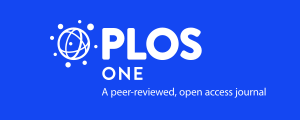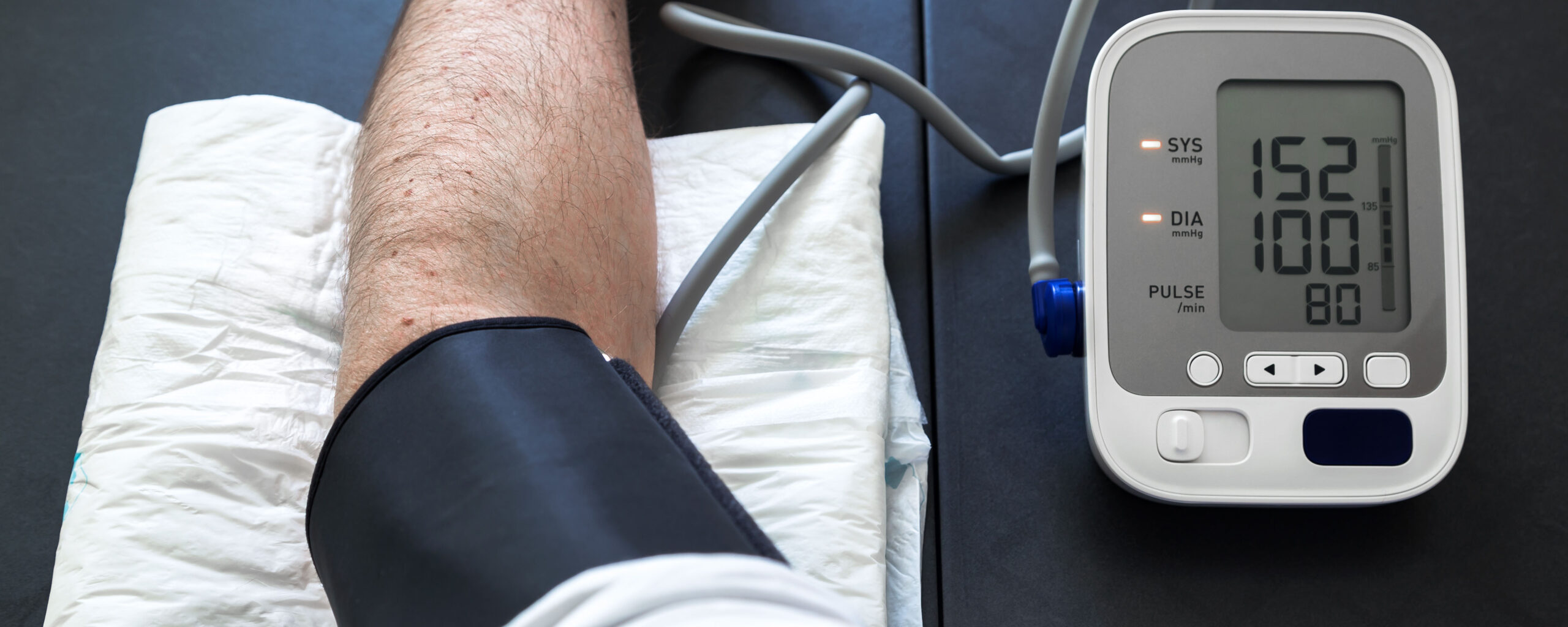 A fundamental challenge complicates news decisions about covering vaccine side effects: although serious vaccine side effects are rare, less severe ones do occur occasionally. The study was designed to test whether a side effect message could induce vaccine hesitancy and whether that could be countered by pro-vaccine messages about vaccine safety. A large (N = 2,345), nationally representative experiment was conducted by randomly exposing participants to one of six videos about the measles, mumps, and rubella (MMR) vaccine edited from news programs produced during the 2019 measles outbreak in the United States. The design was a 2×3 factorial crossing the presence or absence of a hesitancy-inducing narrative message with a pro-vaccine science-supporting message (i.e., no message, science-supporting expert message, or pro-vaccine narrative message), leading to a total of six conditions. A general linear model was used to assess the effects of these videos on respondents’ (1) vaccine risk perceptions, (2) policy views on vaccination, (3) willingness to encourage others to vaccinate their children, and (4) intention to send a pro-vaccine letter to their state representative. Findings indicated that the science-supporting expert message about vaccine safety led to higher pro-vaccine evaluations relative to other conditions [e.g., b = -0.17, p < .001, a reduction in vaccine risk perceptions of 0.17 as compared to the control]. There was also suggestive evidence that the hesitancy-inducing narrative may limit the effectiveness of a science-supporting expert message, although this finding was not consistent across different outcomes. When shown alone the hesitancy-inducing narrative did not shift views and intentions, but more research is needed to ascertain whether exposure to such messages can undercut the pro-vaccine influence of science-supporting (expert) ones. All in all, however, it is clear that science-supporting messages are effective and therefore worthwhile in combating vaccine misinformation.
A fundamental challenge complicates news decisions about covering vaccine side effects: although serious vaccine side effects are rare, less severe ones do occur occasionally. The study was designed to test whether a side effect message could induce vaccine hesitancy and whether that could be countered by pro-vaccine messages about vaccine safety. A large (N = 2,345), nationally representative experiment was conducted by randomly exposing participants to one of six videos about the measles, mumps, and rubella (MMR) vaccine edited from news programs produced during the 2019 measles outbreak in the United States. The design was a 2×3 factorial crossing the presence or absence of a hesitancy-inducing narrative message with a pro-vaccine science-supporting message (i.e., no message, science-supporting expert message, or pro-vaccine narrative message), leading to a total of six conditions. A general linear model was used to assess the effects of these videos on respondents’ (1) vaccine risk perceptions, (2) policy views on vaccination, (3) willingness to encourage others to vaccinate their children, and (4) intention to send a pro-vaccine letter to their state representative. Findings indicated that the science-supporting expert message about vaccine safety led to higher pro-vaccine evaluations relative to other conditions [e.g., b = -0.17, p < .001, a reduction in vaccine risk perceptions of 0.17 as compared to the control]. There was also suggestive evidence that the hesitancy-inducing narrative may limit the effectiveness of a science-supporting expert message, although this finding was not consistent across different outcomes. When shown alone the hesitancy-inducing narrative did not shift views and intentions, but more research is needed to ascertain whether exposure to such messages can undercut the pro-vaccine influence of science-supporting (expert) ones. All in all, however, it is clear that science-supporting messages are effective and therefore worthwhile in combating vaccine misinformation.

